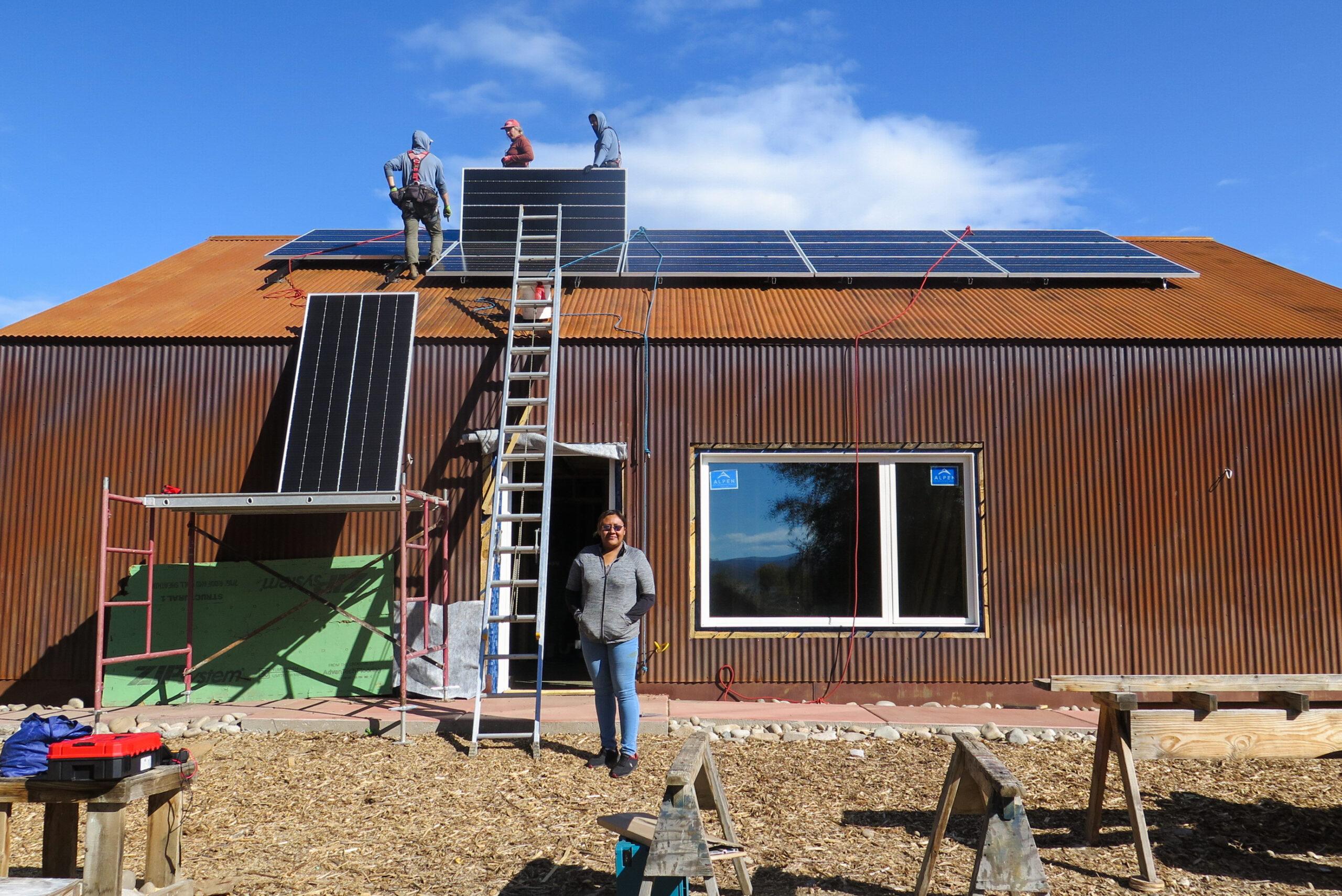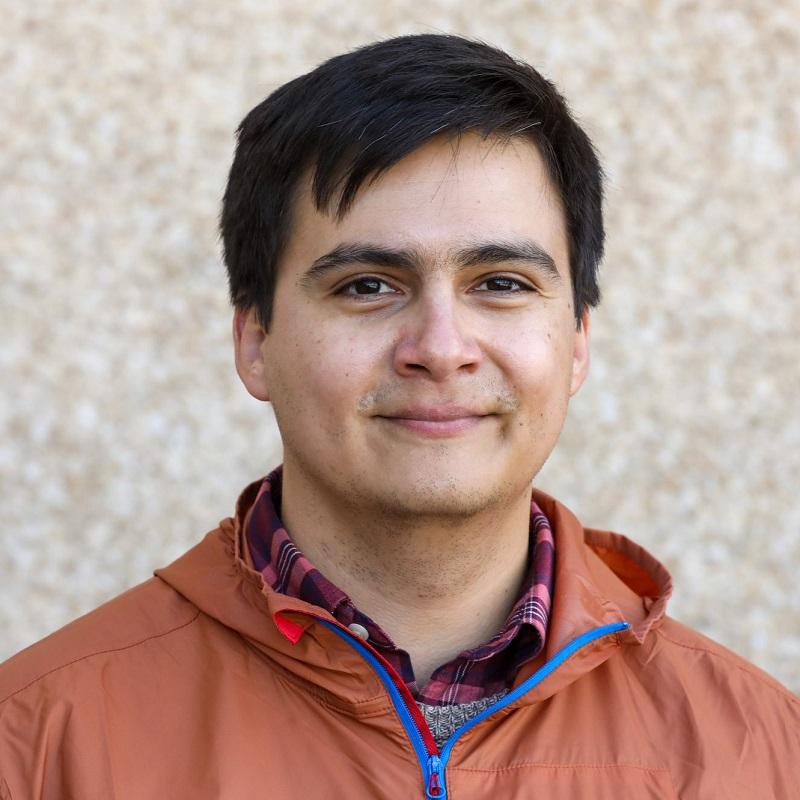
It began as a classroom exercise.
Rich Strömberg had spent years leading the wind and solar program for the Alaska Energy Authority and was now a graduate student at Western Colorado University in Gunnison. When the director of the school’s environment and sustainability program invited him to mentor a class in 2019, Strömberg brought along a dozen used solar panels and a question.
“They're almost 20 years old. They still produce 82, 83 percent of their original power,” Strömberg, now 59, recalled telling the students. “So why would we throw these away?”
Over the course of the semester, the applied sustainability students developed the idea for Equitable Solar Solutions, a nonprofit that refurbishes used solar panels and installs them on the roofs of low-income households. The organization’s goal is to make solar energy available to those who would otherwise not be able to afford it, Strömberg said, allowing them to reap the environmental benefits and cost savings of renewable energy.
The price to install solar panels in Colorado has dropped by half over the last decade, according to data from the Solar Energy Industries Association. But studies show its adopters continue to trend whiter and wealthier. Households that installed solar last year made an average income of $110,000, according to federally funded research from the Lawrence Berkeley National Laboratory.
In Colorado, only 11 percent of new solar installations were in households making less than $50,000 a year, according to the laboratory. Tax credits that incentivize solar installations are also mostly used by middle- and upper-class households, Strömberg said.
“It's been a great thing to grow the industry,” he said. “But at the same time we've left out a certain part of the population.”
Since joining the Coldharbour Institute, a research nonprofit based in Gunnison, Equitable Solar Solutions has installed pre-owned solar panels on five homes, Strömberg said. It has partnered with social service organizations and state agencies, including the Colorado Energy Office’s Weatherization Assistance Program, which helps low-income families make energy upgrades to their homes.
“Ultimately, it's going to provide the same benefit of reducing their electric bill, which everybody needs help with right now,” said program director Stephanie Insinna-Sahondo. “The more we can be able to scale that, the more people we can help.”
The program has given Equitable Solar Solutions more than $16,000 since 2020 and has reserved $25,000 for the nonprofit next year, Insinna-Sahondo said. That funding, along with the volunteer labor from Habitat for Humanity, has made each installation half the cost or less of purchasing a new solar system, Strömberg said.
As more solar panels reach the end of their warranties, Strömberg expects to see a “tidal wave” of equipment available for reinstallation. He’s working to ensure the small nonprofit can handle a surge in donated equipment for future projects.
“We've got to demonstrate our ability to step up from individual rooftops to commercial systems, and then commercial systems to large utility-scale or community-level projects,” he said.
Two of the organization’s projects in the works could test the potential of community solar, he said, including panels to offset energy costs for mobile homes in Gunnison and a retirement home on the Front Range.









